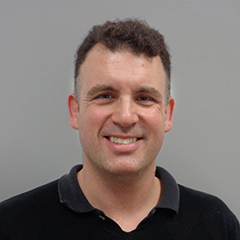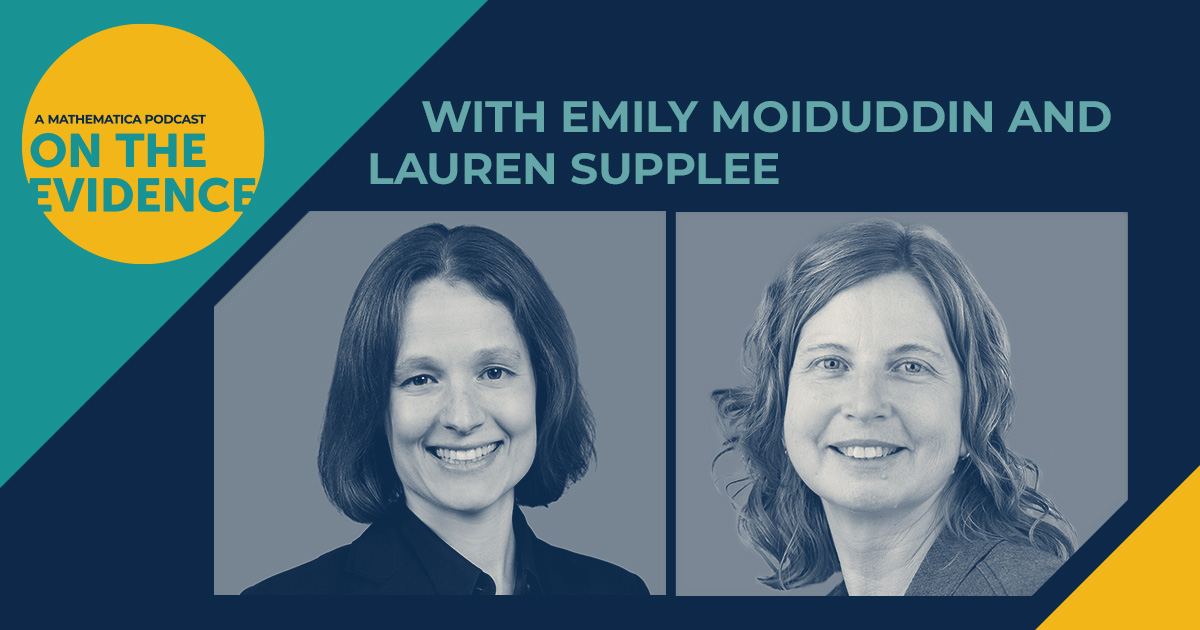American Indian and Alaska Native Heritage Month honors a diverse group of societies, each with its own unique cultures, traditions, and histories. It’s an opportunity to spotlight our work with contemporary tribal communities and raise awareness of the distinctive ways in which they continue to thrive in the face of historical and intergenerational challenges. Mathematica is proud to partner with federal agencies, philanthropic foundations, and American Indian and Alaska Native communities to engage in approaches that center on Native voices and culture to understand and address economic, health, and social issues. Whether in the heart of our largest cities or in the furthest reaches of rural areas, we learn from Indigenous ways of knowing and Native sources of strength and resilience. With our partners, we gather evidence and surface usable insights that are both scientifically rigorous and culturally responsive.
Our partners on the path to better decision making include the Office of the Assistant Secretary for Planning and Evaluation, the Substance Abuse and Mental Health Services Administration, the Administration for Children and Families (ACF), the Children’s Bureau, and the Family Youth Services Bureau. These organizations are committed to working with tribal communities on pressing issues related to child welfare, early childhood education, family support, and mental health and substance use.
Yet policy research with tribal communities must be undertaken with great care and awareness. Unfortunately, today and throughout history, Native people have experienced ethical and human rights violations, often in the name of research—such as collection of data without informed consent, misappropriation and unauthorized use of data, misinterpretation of cultural practices, unauthorized publication of sacred spiritual and cultural traditions, and experimental research that risked health and well-being. American Indian and Alaska Native people have persevered through more than 500 years of oppression and genocide marked by warfare, disease, dislocation, and forced assimilation. Our work has taught us that disparities viewed outside this historical context of intergenerational trauma can be misunderstood and addressed in ways that actually re-create damaging histories and compound trauma.
During the past three decades, community-engaged and community-based participatory research have emerged as effective and ethical approaches to policy research. America’s first people, who represent a wealth of diverse languages, world views, teachings, and experiences, often share the passion of researchers, pursuing knowledge and balance through interaction and observation with the social, spiritual, and natural worlds. Our work with tribal communities honors and includes Indigenous knowledge and engages in bidirectional learning throughout the research process. Native communities help guide the way forward on the journey from inquiry to insight. Drawing from the tenets of community-based participatory research, we work to engage with tribal communities and Native stakeholders throughout all phases of the research process, including the following:
- Study design
- Data collection
- Analysis
- Dissemination
- Application of results
With this approach, we’re moving beyond the traditional researcher and researched distinction to shift the focus from research on a particular population to research with them. In the process, we find new ways to listen to people’s stories and help communities make progress in their own way to heal from historical trauma and past abuses.
How does community-based participatory research heal a community? Communities can take ownership of research and data collection and then determine how to use that information in line with principles of tribal self-determination and sovereignty to help navigate the path to change. Experts suggest that researchers and American Indian and Alaska Native tribes who collaborate in a way that recognizes and works within this historical framework have the greatest likelihood of producing lasting change. Our experience suggests that it also increases the likelihood that community members will participate in and be engaged in research to surface insights that make a difference.
Our recent study of American Indian and Alaska Native children in Region XI AI/AN Head Start for ACF exemplifies our approach to follow these principles at a national level. A new brief shares findings from this study, which was built on an extensive collaborative planning process to involve Region XI Head Start community partners in the research process and recognize their culture and history in designing the study, collecting data, analyzing data, and disseminating findings. Our approach includes guidance on key study questions and culturally appropriate measures as well as culturally grounded implementation, featuring enhancing staff cross-cultural understanding. It also ensures continued engagement in presenting the narrative to expand Region XI Head Start’s story on successes and opportunities in supporting children and families.
In Part 2 of this series, we explore how our partnership helped provide the confidence and clarity to find out what can be done, how to make it happen, and where to go next.




